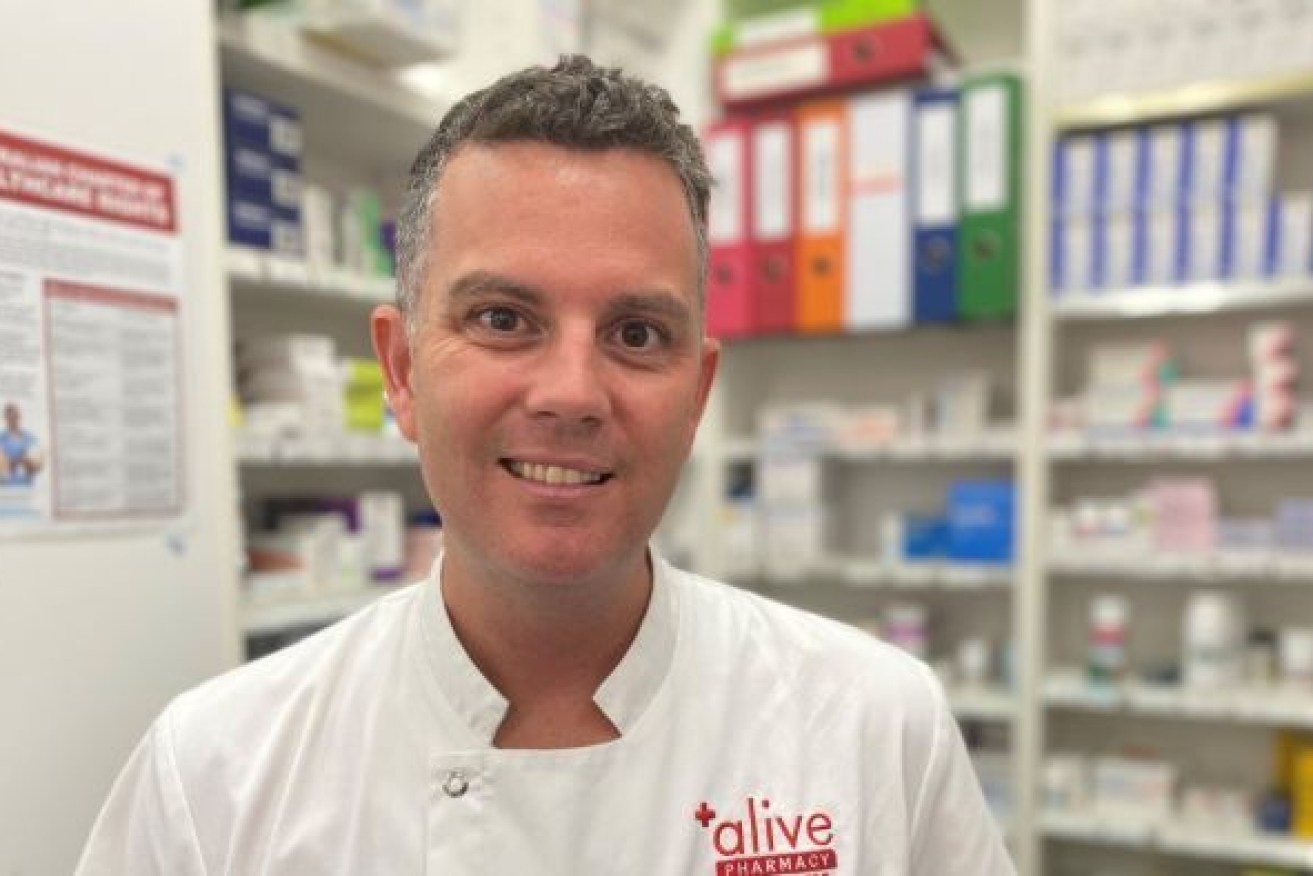Health experts say delivering COVID vaccines to rural and remote Queenslanders will be one of the biggest health and logistical challenges the nation has faced.
“There is no precedent we can draw on in Australia for the colossal effort that will be the rollout of the COVID-19 vaccination,” said Queensland Pharmacy Guild vice-president Trent Twomey. “This is a war on a disease, it is a pandemic that has no precedent in the last century.”
Some regional Queenslanders will be among the first to be vaccinated, but only if they are deemed to be in a priority group.
“They will go and target those particular interest groups that they need vaccinated for national security reasons,” Twomey said.
These include anyone who works at or lives in residential aged care, frontline healthcare workers, and quarantine and border workers.
For example, hotel quarantine staff in Townsville and Cairns will be eligible for the jab, as will people living in nursing homes.
Huge logistical effort
Logistics, the coordinated training of health workers and a communication campaign with the public are all being worked through at various levels of government, with the first vaccine doses expected to be given to priority groups from mid-February.
Up to 50 hospital hubs at yet-to-be-confirmed locations around Australia will act as nodes for the distribution of vaccines.
Six of these hubs will be in Queensland, including one each in Townsville and Cairns.
But the extra distances involved in getting vaccines from the hubs to remote parts of Queensland will be a challenge.
“There may be some outreach to residential care facilities, but it won’t be able to extend right out into the rural and regional areas,” said Sarah Larkins, a GP and professor of health systems strengthening at James Cook University.
Indigenous communities a priority
The second tranche of recipients will be critical services workers like police and Defence personnel, Aboriginal and Torres Strait Islander adults over 55, disabled Australians and those over 70.
People in these categories can expect to be vaccinated regardless of where they live before mass vaccination of the general population begins.
Aboriginal Controlled Community Health Services will be involved in this phase, running distribution nodes throughout the state.
Larkins said key to a successful vaccination rollout was involving local healthcare workers.
“It’s absolutely vital to work with the Aboriginal community-controlled health sector in that area,” Professor Larkins said.
“They’ve done an absolutely fantastic job together with community leaders of keeping communities safe through COVID so far,” she said.
Either vaccine is better than none
While many in the first tranche of vaccine recipients are expected to get the Pfizer vaccine, people living in remote parts of Queensland can expect to receive the AstraZeneca version.
“It can be distributed at normal refrigerator temperatures,” Larkins said.
“We already have good cold chain networks right throughout the country to get things like childhood vaccinations out to all these communities.”
The Pfizer vaccine needs to be stored and transported at minus 70 degrees Celsius, something Larkins said could not happen in parts of Queensland.
“It seems like this won’t be possible,” she said.
Trials have shown an efficacy rate of 95 per cent for the Pfizer vaccine, compared with 62 to 90 per cent efficacy for the AstraZeneca version.
But Larkins said either vaccine would get the job done.
“They’re [both] more than adequate to prevent disease and reduce disease severity,” she said.
“If we tried to implement the Pfizer vaccine in rural and remote north Queensland conditions, the efficacy would drop dramatically because of the remoteness issue,” she said.
“It’s much better to get a vaccination that is effective in a particular setting than to aim for that extra couple of percentage points.”
Most of us will get jab at GP or chemist
While the Pfizer vaccine is made overseas, the AstraZeneca vaccine is expected to be manufactured in Australia from March, hopefully easing up supply issues.
Most Australians who do not fall into the high-risk categories, regardless of where they live, are expected to get the AstraZeneca jab.
Mass vaccination of the general population will involve GPs and pharmacists delivering doses.
The Pfizer vaccine “will not be available through general practice and community pharmacy because it needs to be stored and transported at -70C,” Twomey said.
“We know from international examples that those jurisdictions that have used their whole health workforce — pharmacists, GPs, nurses, an all hands-on-deck approach — have been able to receive herd immunity a lot quicker.”
– ABC / Siobhan Heanue













